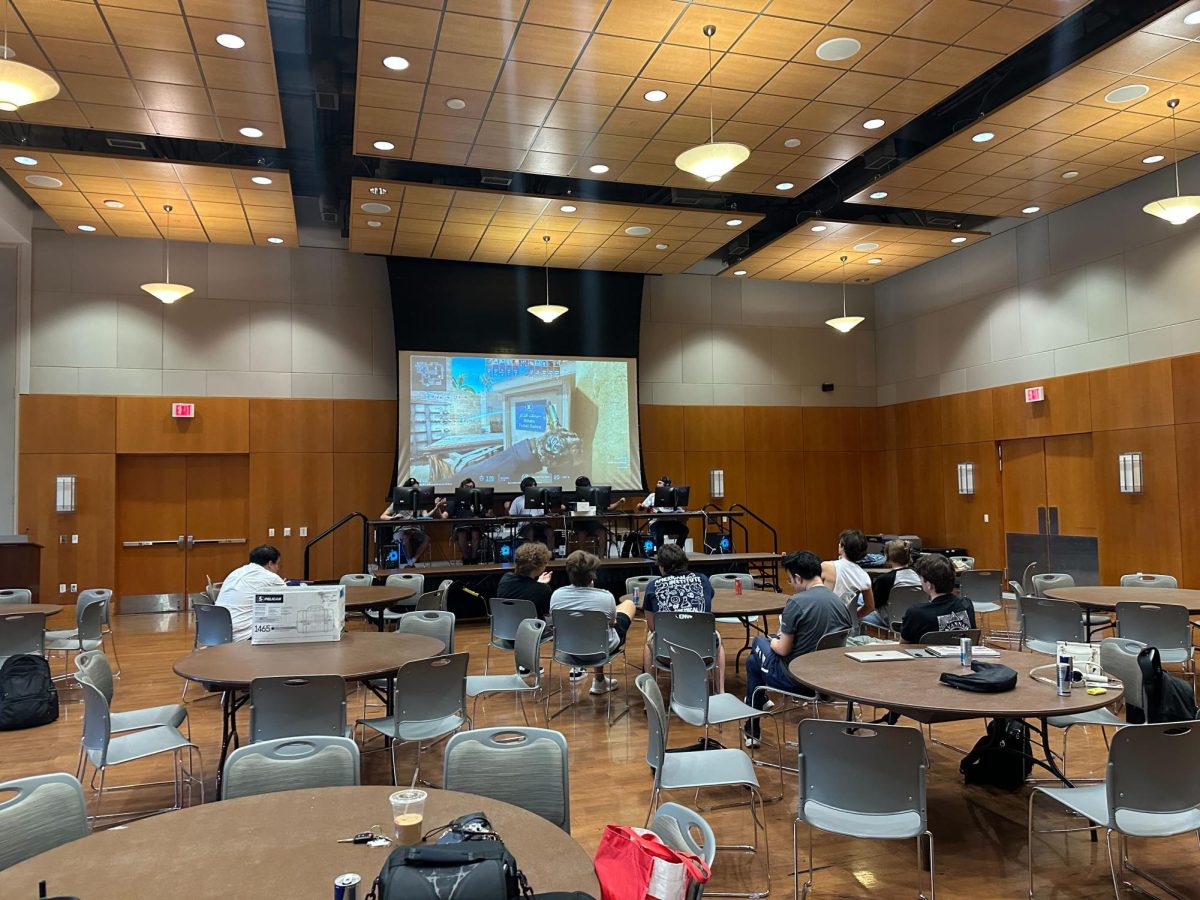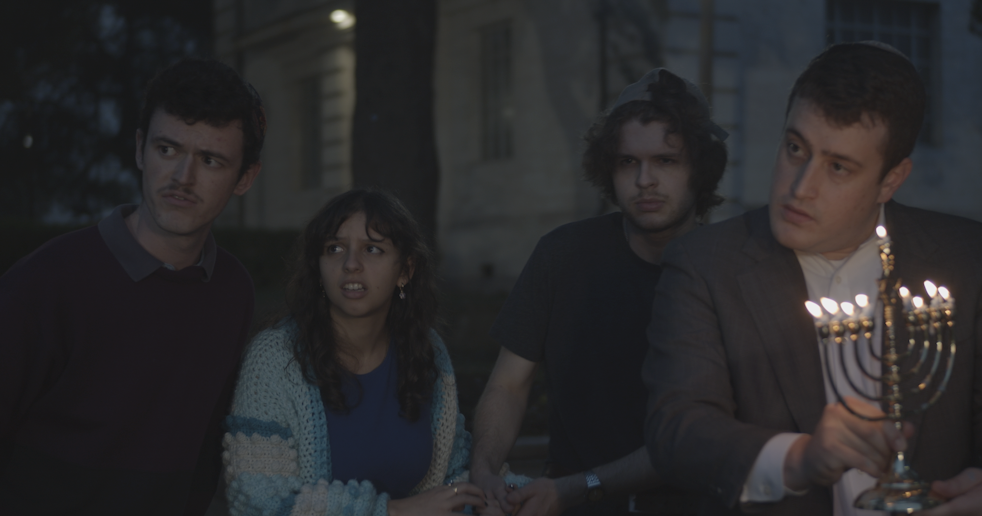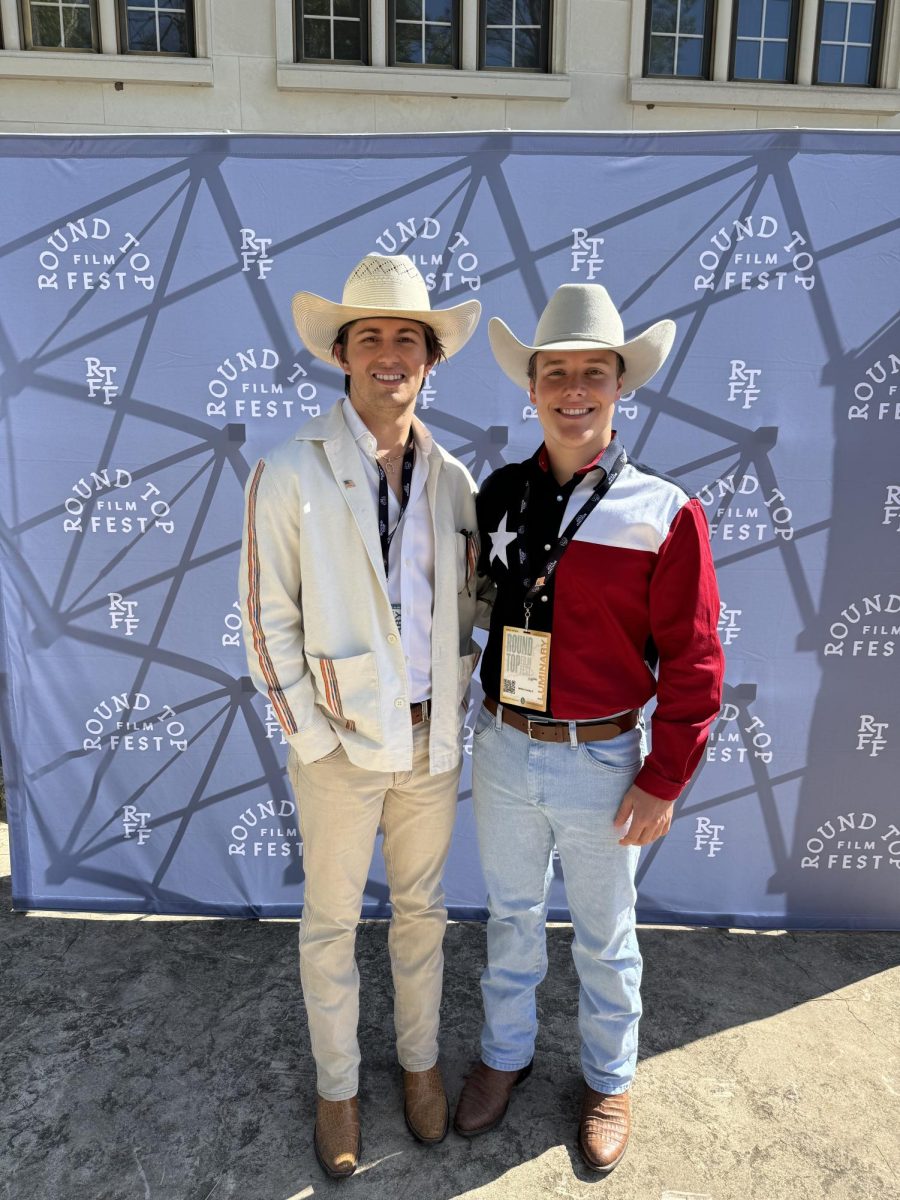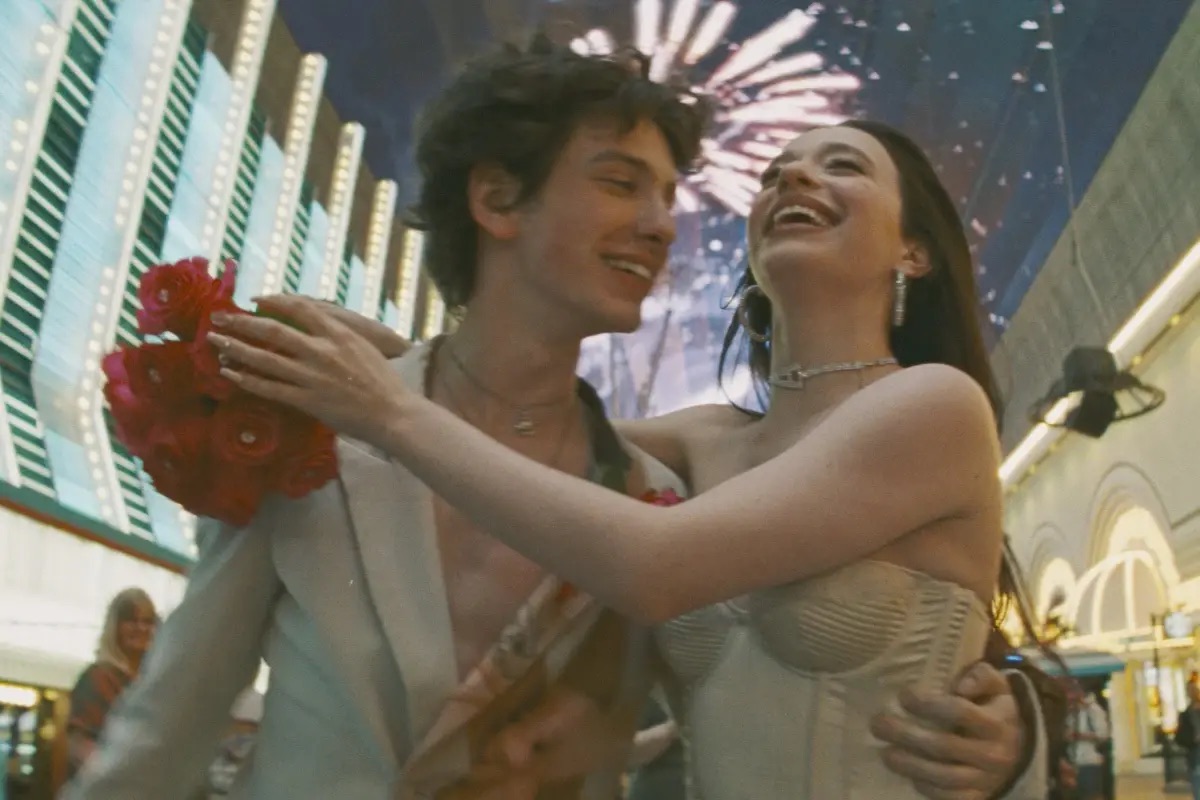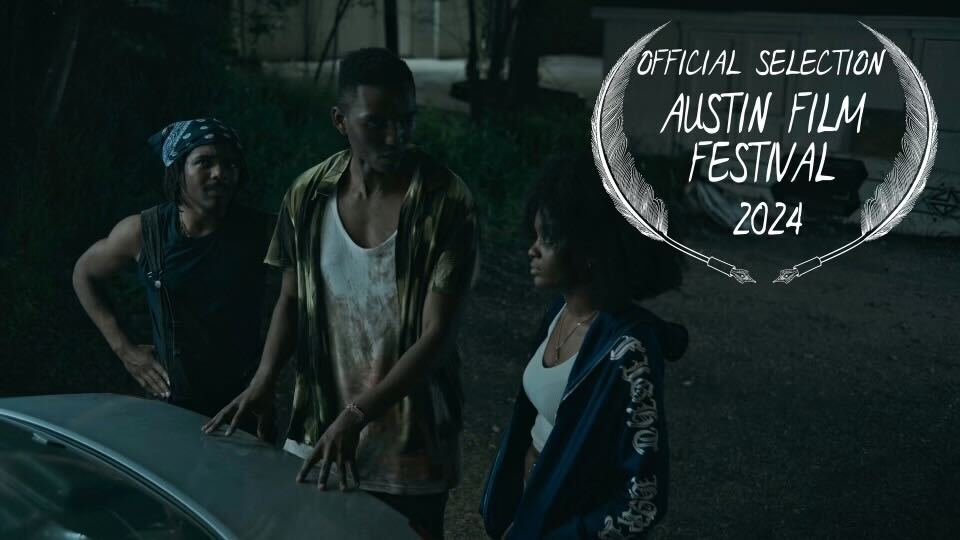What if the struggles in your past prepared you for a better future? This hopeful message propels writer-director Riz Story’s indie drama “A Winter Rose.” Unfortunately, the film’s hopeful intentions and solid performances fail to overcome forced melodrama, amateur direction and a heavy-handed soundtrack.
In the first scene, a young mother abandons her crying newborn in a church. Twenty-one years later, Winter Rose is a shy, impulsive ex-prostitute who escapes her sorrows by drinking and writing songs she performs on her guitar, taking after her idol, pop superstar Rachel Love. Unbeknownst to Rose, Love was recently diagnosed with cancer and can’t perform a long-anticipated pay-per-view concert. Love hosts a contest to select a new songstress to replace her in concert. Love is captivated by Rose’s audition and selects her for the role, but can she handle being thrust into stardom overnight?
Kimberly Whalen gives the film’s strongest performance as Rose. The script demands unrealistic emotional outbursts and irrational decisions from her, but she handles melodramatic mood swings and stilted dialogue with refreshing authenticity. When Rose confronts dark memories in the film’s finale, she transcends the stereotypical trappings of her “damsel-in-distress” role. And when we finally hear her perform — a song sung by Whalen herself — her voice is angelic.
Theresa Russell is equally believable as Love, who, faced with imminent death, encounters a young woman much like her former self. The script confines her to cringeworthy lines like “the universe is an amazing thing — we’re soul sisters,” but her battle with cancer and relationship with her husband (Paul Sorvino) are genuinely affecting.
William J. Branca and Story’s script is painfully predictable from the moment Love and Rose meet. The dialogue alternates between passive-aggressive conversations, stiff melodrama and tired clichés. Of course Rose’s manager will abandon her due to her unpredictable behavior. Of course he’ll return, offering to be a long-lost “father figure” and teach her trust. Of course, Love will see her younger, equally lost self in Rose and avoid explaining practical advice in favor of mystical musings about universal forces. The film is enthusiastically “indie” from its opening shot, but perhaps a seasoned screenwriter would have smoothed its implementation of nearly every cliché in Hollywood’s musical drama playbook.
Story’s direction is inconsistent at best. During Rose’s many emotional outbursts, he evades genuine depth with sappy music and slow-motion montages, pulling his audience out of the moment. As a result, he rarely maintains a consistent tone for more than five minutes. Even the film’s recurrent news broadcasts feel haphazardly thrown together and unprofessional. Furthermore, “A Winter Rose” never addresses a gaping flaw in its message: Rose’s emotional distress, alcoholism and self-destructive habits ultimately lead her to stardom, but Story fails to concentrate on the self-improvement and deliberate effort that bring deserving artists success.
Director Story notably composed the film’s entire soundtrack, an impressive feat, though his songs add little dramatic heft to the film. Individual pieces of his vision — genuine performances and a positive
message — occasionally shine, despite clumsy production. Amid Story’s many poor directorial decisions, one great shot stood out: While Love is absent, her old microphone faces the window of her hilltop mansion and a panorama of Los Angeles, sprawling to the horizon below. Who will take the mic and impact a city of millions when she’s gone? “A Winter Rose” answers that question — but achieves little else.






